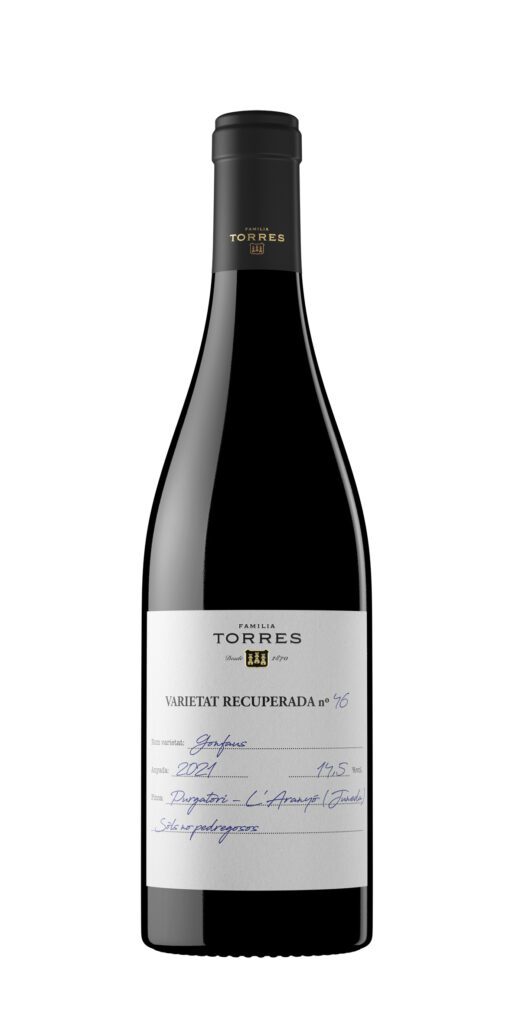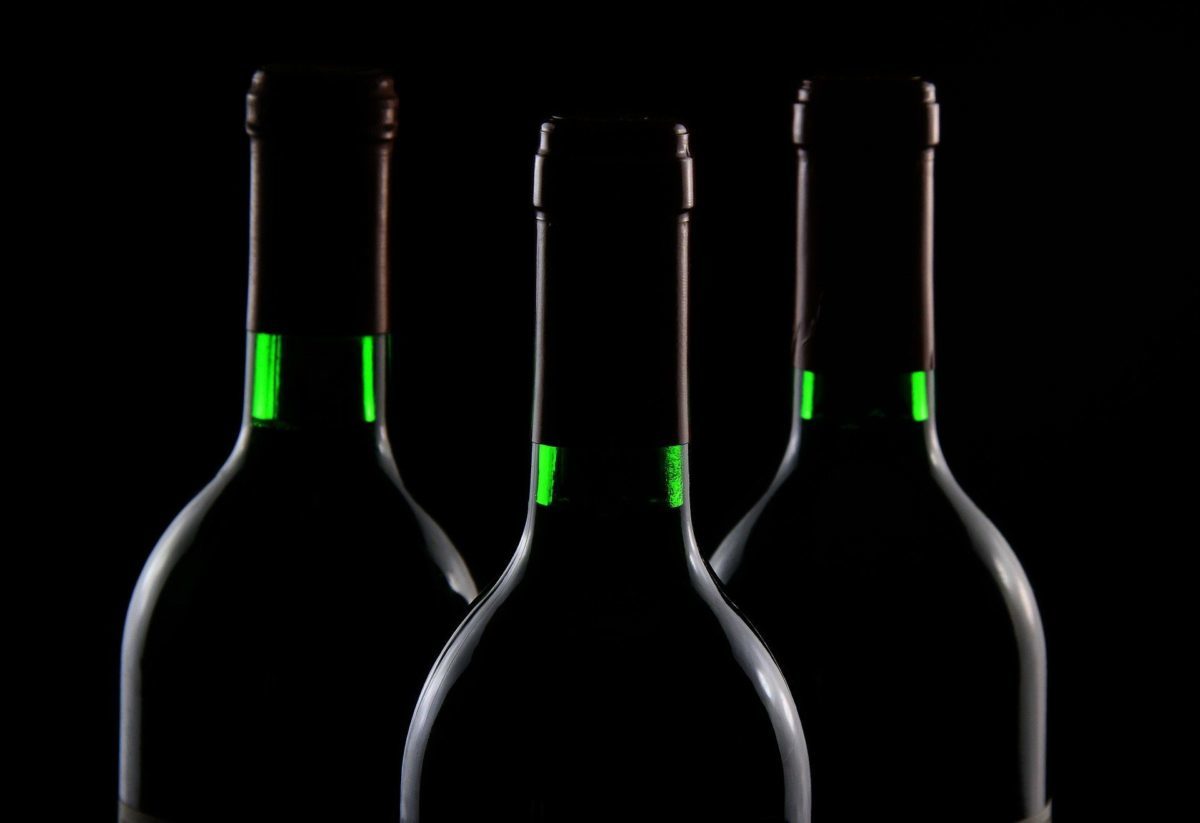Torres presents Gonfaus 2021, the new exponent of the project to recover ancestral varieties. All of this was started by the family winery forty years ago to learn about the viticultural heritage of Catalonia before the arrival of phylloxera. Now this helps climate change. This is an experimental wine of very limited production. It is made entirely with the black variety of the same name from the Purgatori estate, in Les Garrigues (Costers del Segre).
Located more than 20 years ago and once sanitized and reproduced in vitro, it was tested in the field on different Familia Torres farms. With this, it was possible to know which climate and soil conditions were most favorable to it and to be able to assess its oenological potential. Over the years it has been confirmed that it is on the Purgatori farm, at about 500 meters above sea level, where it expresses itself best. This variety has adapted very well to the extremely dry climate and thermal fluctuations in the area.
The gonfaus is little productive and one of the few female varieties currently known – the majority are hermaphrodites. A study carried out by the French ampelographer Thierry Lacombe on the kinship relationships of grape varieties shows that gonfaus is a very ancient variety. Gonfaus is the mother of Querol, one of the first varieties recovered by Familia Torres, and a relative of many other varieties such as the also ancestral Pirene, Trobat or Graciano.
Gonfaus wines have intense and complex aromas of ripe fruits on a slightly spicy background. They show well-integrated acidity and good concentration, with sweet and ripe tannins. This acidity is, in fact, a common denominator in the recovered ancestral varieties that Familia Torres is focusing on. They are varieties, in general, with a long cycle, with progressive maturation and that preserve their acidity very well.
Gonfaus 2021 a wine from the ancestral gonfaus variety
Gonfaus 2021 It is the first commercial vintage of this wine. It is intended especially for fine dining, and of which only 1.118 bottles have been produced. The wine is made at the Purgatori winery by winemaker David Barriche. It is made in a delicate process to preserve the essence of the variety and enhance its elegance and aromatic intensity.

2021 was a good vintage for the Purgatori estate due to the moderate temperatures. All this despite the extreme continental climate of the area, and the good water reserve of the vineyard. The year began with a heavy snowfall of up to seventy centimeters of snow accumulated in the upper part of the farm, where the gonfaus vines are located. All of this led to good vegetative development of the vineyard.
Despite starting as a philanthropic project, for years now the fifth generation, represented by Miguel and Mireia Torres Maczassek, has focused on recovering the varieties with the most oenological potential and better adapted to high temperatures and drought. All with the aim of creating unique wines that can reach consumers. For Miguel Torres, «Little by little recovering the wine heritage and wealth of Catalonia is very exciting. We do it with an eye on the future to make wines that not only speak of our history but also maintain quality and acidity despite climate change.
Torres with the recovery of varieties
Gonfaus It is the sixth Familia Torres wine made with recovered ancestral varieties. It is the third single-varietal and the first to come from the Purgatori estate (starting with the 2022 vintage, it will be covered under the Costers del Segre DO). His predecessors are Great Walls (DO Conca de Barberà), which integrates Garró and Querol into the blend of native varieties. The first two varieties recovered by the winery Clos Ancestral (DO Penedès), made with the ancestral moneu from Castell de la Bleda, together with tempranillo and garnacha. Forked y Clos Ancestral white (DO Penedès), made with the only recovered white variety, forked, as a single varietal and as part of a blend with xarel·lo respectively. AND Pyrenees, made 100% with the ancestral black variety that gives its name to the wine, planted in the Pre-Pyrenees.







